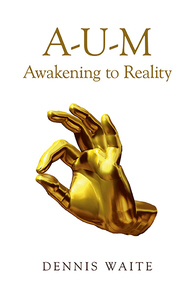(Response to those who claim it does)
Some time ago (31st Oct 2020), during our prolonged discussions (beginning early Sept 2020) upon whether the world literally disappears when a jIva gains enlightenment (Ramesam and Venkat say that it does and I deny that), Ramesam asked me to provide references to support comments that I had made. Since this topic is very relevant to Volume 2 of my book on ‘Confusions in Advaita’, I have been researching and writing about it for the past 6 months. Since the various aspects now take up some 30,000 words plus, I will not be posting any more material – you will have to wait for publication of the book, unfortunately unlikely to be before 2023.
Apologies to readers who will find that this post is not particularly readable or directly helpful. The book presents all of the arguments in a logical and readable manner, only using the indicated quotations as supporting material. Here, the references only are presented solely to complete the earlier discussions and provide ‘answers’ to Ramesam and Venkat as the pUrvapakShin-s.
Continue reading
